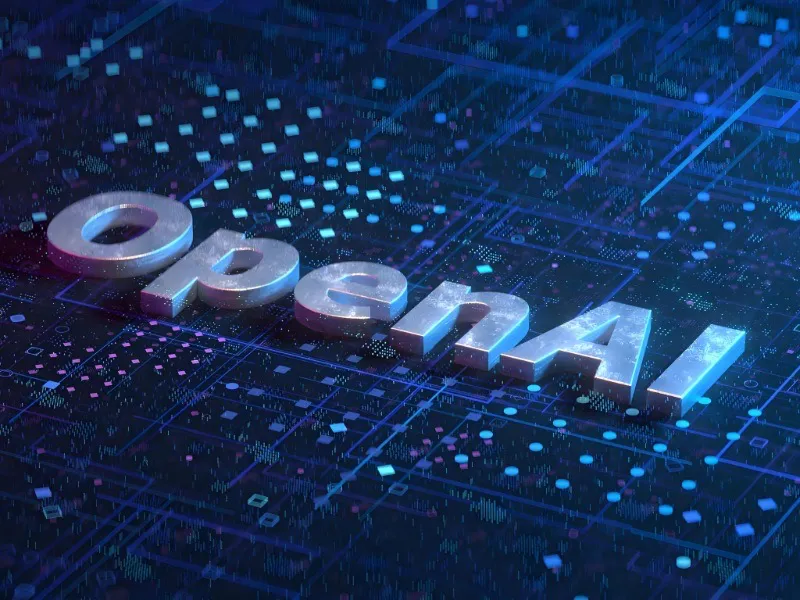- Whistleblowers have levied serious accusations against OpenAI, alleging the company imposed unlawful restrictions on its employees’ ability to communicate with government regulators.
- The allegations against OpenAI carry profound implications for both corporate governance and employee rights within the tech industry.
OUR TAKE
OpenAI was blown up by its own employees this time! The intrepid whistleblowers are said to have directly accused the company of imposing illegal restrictions on employees’ ability to communicate with government regulators, effectively locking them in an invisible cage. OpenAI is a company that leads the forefront of AI technology, and every day talks about how to make AI more transparent, fair, and for humanity. But if you are found to be restricting employees’ freedom of speech by forcing those overly strict “hush agreements”, it is like a slap in the face! This is not only a violation of employee rights, but also a betrayal of public trust.
–Miurio huang, BTW reporter
What happened
Whistleblowers have levied serious accusations against OpenAI, alleging the company imposed unlawful restrictions on its employees’ ability to communicate with government regulators.
According to a letter obtained by The Washington Post, legal representatives of anonymous whistleblowers have formally petitioned the Securities and Exchange Commission (SEC) to investigate OpenAI’s practices regarding severance, non-disparagement, and non-disclosure agreements (NDAs).
The letter highlights several contentious points: employees and investors were allegedly deterred from reporting to the SEC regarding potential securities violations; whistleblower incentives and compensation rights were purportedly waived; and mandates were imposed requiring employees to notify OpenAI before engaging with government regulators.
The accusations suggest that OpenAI’s previous NDAs may have breached legal statutes by coercing employees into signing overly restrictive contracts as a condition of employment, severance payments, and other financial considerations. These allegations have sparked a significant legal and ethical debate surrounding the company’s policies.
Also read: Google unveils Gemma, a lightweight open AI model
Also read: Microsoft drops OpenAI board observer seat amid scrutiny
Why it’s important
The allegations against OpenAI carry profound implications for both corporate governance and employee rights within the tech industry. The controversy underscores broader concerns about transparency and accountability in artificial intelligence (AI) development, an area where OpenAI holds significant influence.
Firstly, the accusations challenge OpenAI’s commitment to ethical conduct and regulatory compliance, crucial in an industry increasingly under scrutiny for its societal impact. The purported restrictions on whistleblowers, if proven, could stifle internal dissent and impede the disclosure of critical information regarding ethical lapses or legal violations.
Secondly, the SEC’s potential investigation could set a precedent for how regulatory bodies oversee tech companies’ handling of employee disclosures and contractual obligations. This scrutiny is particularly pertinent as AI technologies evolve rapidly, prompting calls for robust oversight to safeguard public interest and national security.
Moreover, the involvement of congressional figures like Senator Chuck Grassley underscores the political dimensions of the issue. Grassley’s remarks highlight concerns that such restrictive agreements could hinder efforts to monitor AI advancements, potentially compromising national security strategies reliant on technological innovation.
In response to inquiries, OpenAI has emphasised its commitment to whistleblower protections but has yet to publicly address the specific allegations detailed in the whistleblowers’ letter. The outcome of this controversy could influence not only OpenAI’s operational policies but also broader industry norms regarding employee rights and corporate transparency.
As the debate unfolds, stakeholders ranging from lawmakers to industry observers will closely monitor developments, seeking clarity on how companies like OpenAI navigate the delicate balance between innovation and regulatory compliance in the AI era.

